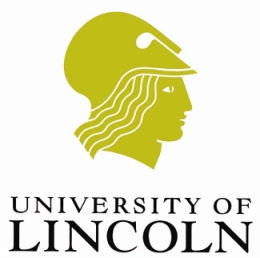 The English Golf Union (EGU) has teamed up with academics from the University of Lincoln to undertake a study into the obstacles which deter people from certain backgrounds from taking up golf.
The English Golf Union (EGU) has teamed up with academics from the University of Lincoln to undertake a study into the obstacles which deter people from certain backgrounds from taking up golf.
The research will investigate the barriers, both real and perceived, which put off players from some demographic groups from taking to the greens and fairways of England’s golf clubs.
The work, which will run for 12 months, has been jointly funded by the EGU and The R&A.
According to the latest Active People Survey (Sport England, October 2009), of approximately 900,000 regular participants in golf, 85 per cent were male and 98 per cent were white. More than two thirds (69 per cent) came from the top four socio-economic groups, compared to 55 per cent across all sports.Sport
Academics from Lincoln’s Department for Sport, Coaching and Exercise Science will undertake two parallel studies in a bid to understand why the profile of golfers is so biased.
The first will assess the impact of the GolfMark accreditation scheme, which is delivered by the EGU and English Women’s Golf Association (EWGA), on widening participation in golf clubs around the country. The second will aim to pinpoint the social, economic and practical obstacles which prevent some people from taking up golf.
The EGU/EWGA GolfMark accreditation scheme is a key grass roots initiative that identifies and recognises junior and beginner friendly golf facilities. The majority of research on GolfMark’s impact on the game to date has been to collate basic quantitative data. The EGU hope this study will allow them to assess the real, practical influences of the scheme at local level and its specific pros and cons as identified by clubs themselves.
No extensive research has been done on barriers to participation and this study will bring all the literature previously produced together to review how best to extend participation.
Richard Flint, EGU/EWGA Development Manager, commented: “We are delighted to be working with the University of Lincoln on this project. The results of this study will allow us to put anecdotal perceptions to one side and really get to grips with the actual effect of our GolfMark initiative and understand the reason why people may, or may not, get into golf. It will prove to be a valuable tool to direct our future strategy and funding to develop the game at a grass roots level.”
Dr David Piggott, Director of Studies and Senior Lecturer in the Department for Sport, Coaching and Exercise Science at the University of Lincoln, said: ”Golf potentially has a very interesting story to tell us about widening participation in sport, given its reputation and its history. I think this research will provide some real insights into the mechanisms for getting people from different demographics involved in sport.”

